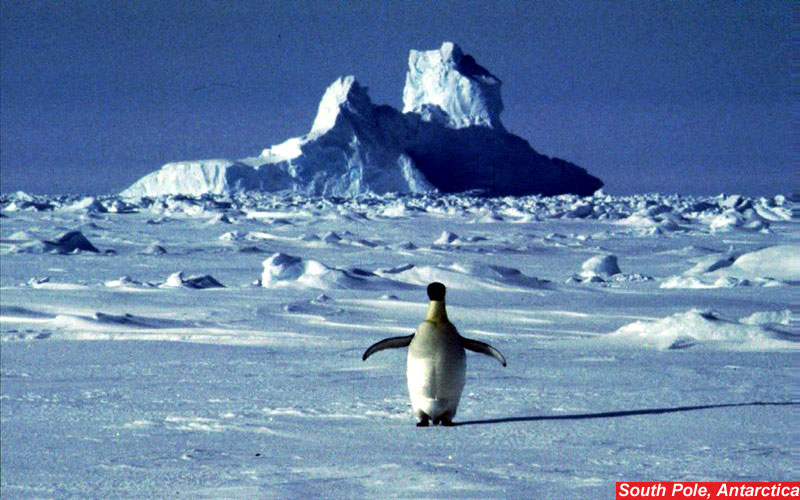
BERLIN (AP) — Record high temperatures reportedly measured in Antarctica will take months to verify, the U.N. weather agency said Sunday.
A spokesman for the World Meteorological Organization said the measurements made by researchers from Argentina and Brazil earlier this month have to undergo a formal process to ensure that they meet international standards.
“A formal decision on whether or not this is a record is likely to be several months away,” said Jonathan Fowler, the WMO spokesman.
Scientists at an Argentine research base measured a temperature of 18.3 degrees Celsius (nearly 65 degrees Fahrenheit) Feb. 6 on a peninsula that juts out from Antarctica toward the southern tip of South America. The previous record there was 17.5 degrees celsius (63.5 degrees Fahrenheit) in March 2015.
Last week, researchers from Brazil claimed to have measured temperatures of 20.75 degrees Celsius on an island off the peninsula — beating the record for the entire Antarctic region of 19.8 Celsius in January 1982.
Fowler said both of the new measurements would need to be transmitted to Prof. Randall Cerveny, a researcher at Arizona State University who examines reported temperature records for WMO.
Cerveny then shares the data with a wider group of scientists who “will carefully evaluate the available evidence (including comparisons to surrounding stations) and debate the merits and problems of the observation,” said Fowler.

The evaluation normally takes six to nine months, after which Cerveny would “formally either accept or reject the potential extreme,” giving official WMO approval to the new record, he said.
Climate change is causing the Arctic and the Antarctic to warm faster than other parts of the planet.
____
Newsroom | theworldmail.co.uk
Source/Contribution/Photo credit by Associated Press






